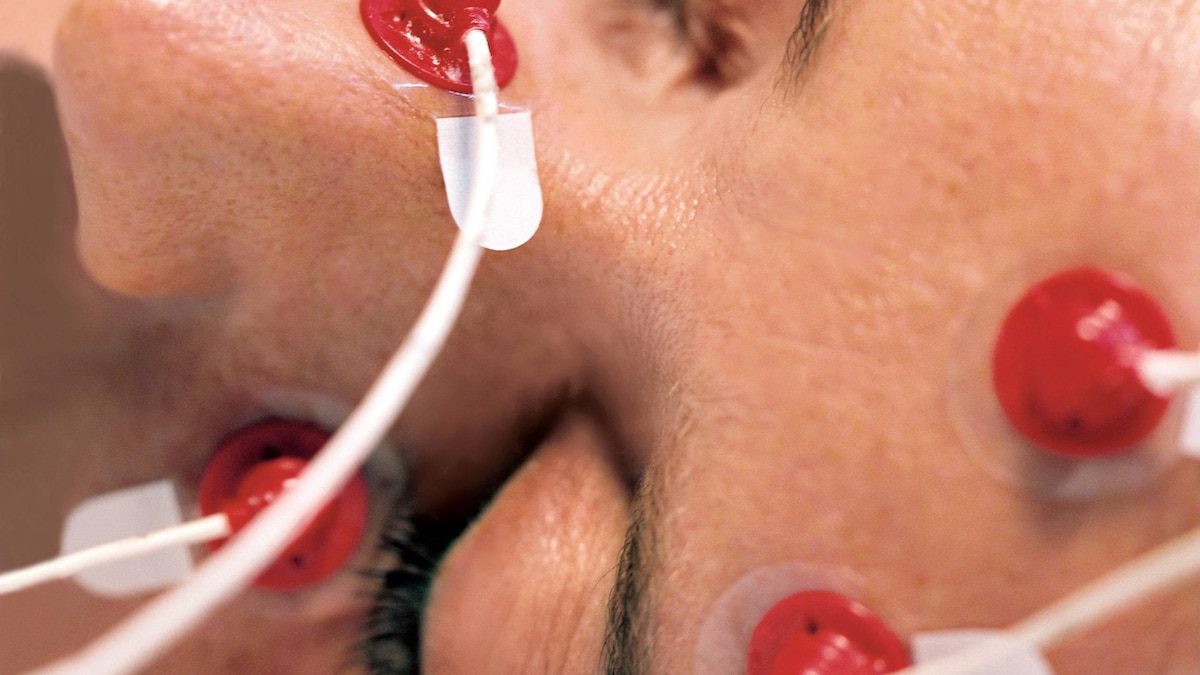
Recent research is reigniting persistent inquiries regarding the impact of sleep medications, particularly for the 8% of Americans who rely on them to fall asleep.
Unveiling the ‘blind spot’ of the glymphatic system
In a study published in Cell, the research team aimed to identify the elusive “blind spot” in understanding how the brain cleanses itself, explains Natalie Hauglund, the study’s lead author and postdoctoral researcher affiliated with the University of Oxford and the University of Copenhagen.
Their investigation specifically sought to clarify how cerebrospinal fluid continues to circulate within the glymphatic system, playing a crucial role in removing waste. This clear liquid moves alongside arteries and penetrates the gaps between small blood vessels in the brain, effectively gathering molecular debris and transporting it away to be discarded elsewhere in the body.
This process is believed to significantly enhance brain health, according to Nedergaard.
While monitoring blood circulation, fluid dynamics, and various chemical levels in the brains of sleeping mice, researchers discovered that the process initiated with the release of norepinephrine, a crucial neurotransmitter involved in the fight-or-flight response. This event induced “micro-arousals,” which led to the constriction of blood vessels in the brain, resulting in a decrease in blood volume that allowed cerebrospinal fluid to surge into the brain.










